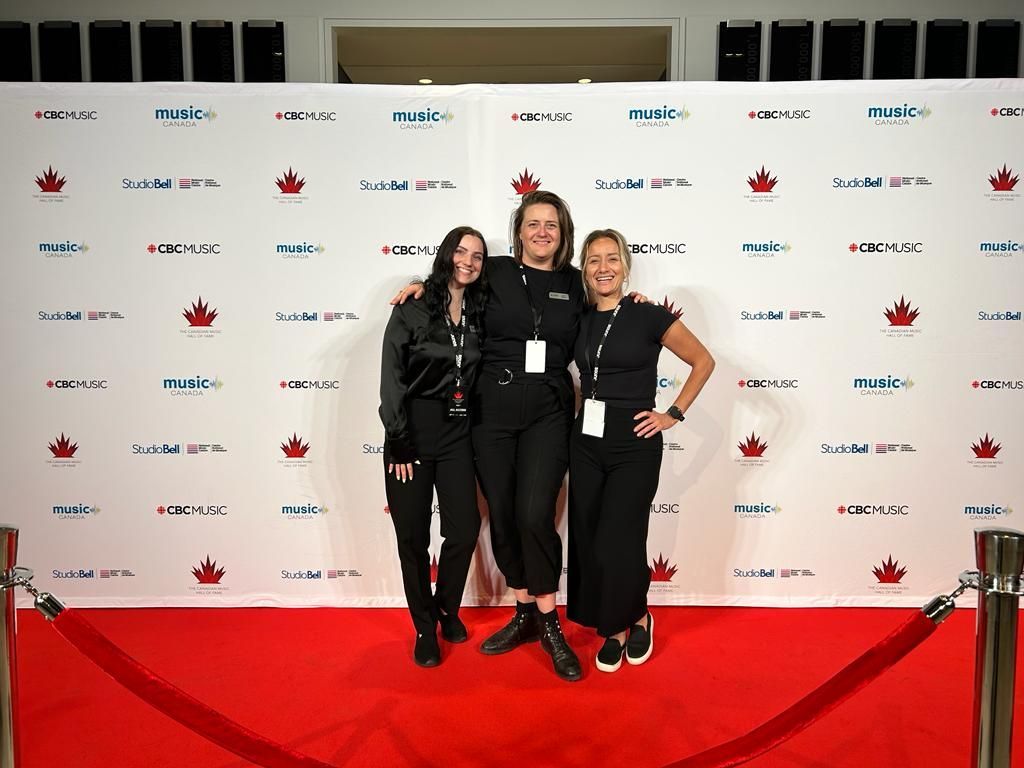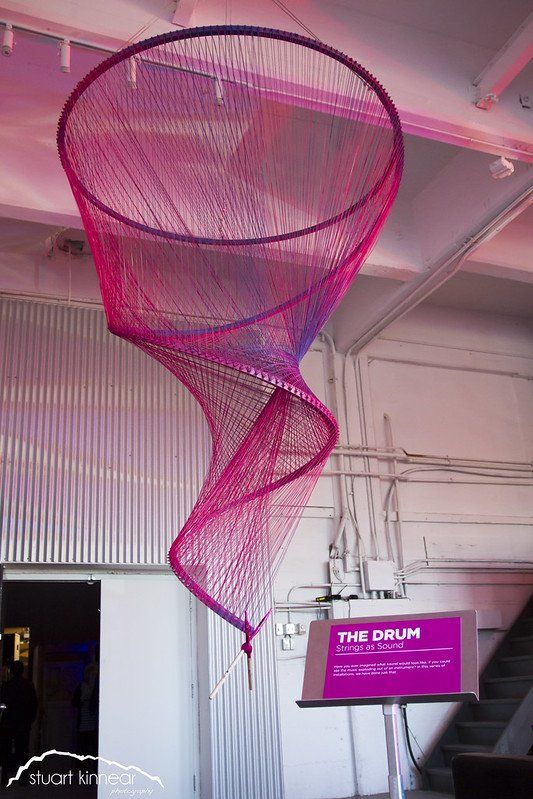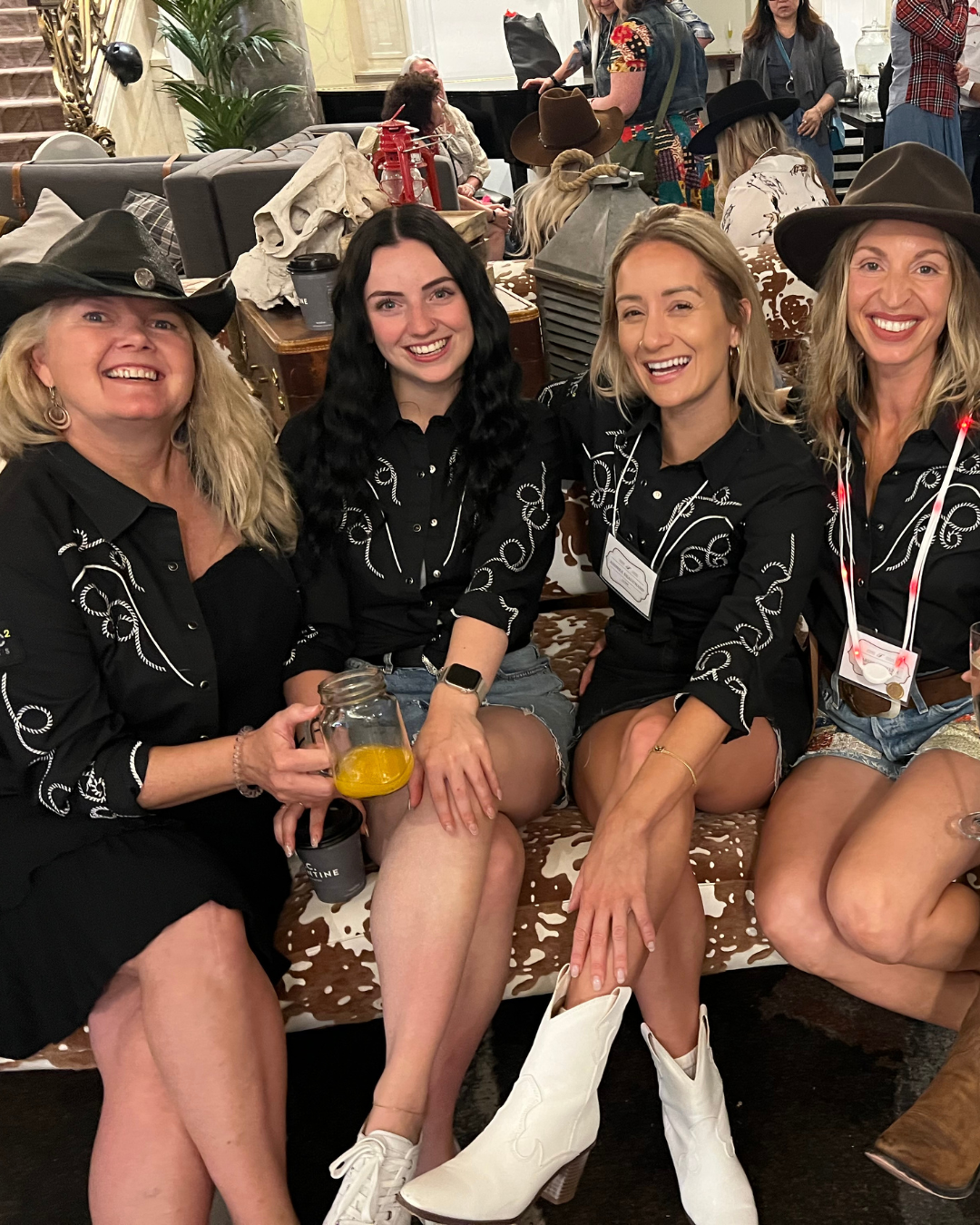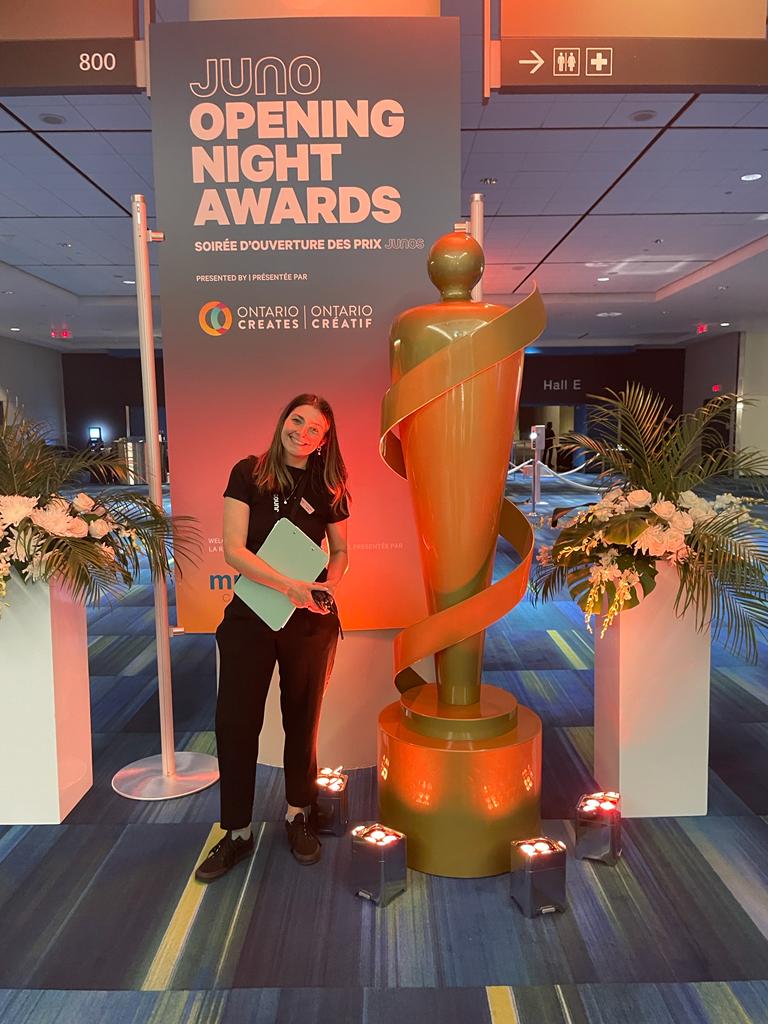Emotional Intelligence

Emotional intelligence in relation to event and conference planning & production has become a trending topic, but it’s something we’ve been aware of for years. Our founder, Jocelyn, has presented on Emotional Intelligence & Human Centered Design on a number of stages over the last couple of years, but in case you haven’t had the chance to see her in person, we thought we’d break it down for you here!
First things first! What is emotional intelligence and why is it important?
In short, it is the ability to manage your own emotions as well as understand the emotions of people around you. There are five key elements: social skills, self awareness, self-regulation, empathy, and motivation. Let’s break them down.
Social Skills
The first pillar of emotional intelligence is social skills. Put simply - being comfortable with interaction [something our industry specializes in] and understanding verbal and nonverbal cues.
How can you apply social skills to event & conference production?
One way to apply your social skills is by ensuring script read throughs and revisions. Regardless if it’s for a CEO or an award show host, when a script is written it's important to understand the audience demographics of course, but also how the language flows and if your response [or banter when two or more people are involved] is appropriate.
Always hold a live script read through either in person or on a video call so you can watch out for verbal and nonverbal cues and make revisions to suit the speakers more naturally. Without this, they might come across as Y2K robots programmed with jokes that don't land!
Self Awareness
The second pillar of emotional intelligence is self awareness - having a thorough recognition of your personal strengths, weaknesses and emotions.
Do you ever find yourself frustrated, tired and stressed on-site? Of course you do, you’re only human! But have you ever overreacted to a situation and then not seen a positive outcome because of those feelings? Understanding why you feel a particular way and how it affects the people around you is key to creating a positive work environment that motivates people to rise to the occasion and create an incredible experience.
How can you apply self-awareness to events & conferences?
Foster a culture of openness and understanding and keep your production offices as a private respite and safe space to talk through, take a break [and sometimes vent] to your team so you can move past the feelings and continue to be productive. In taking a moment for yourselves, you can effectively communicate and lead your teams to success!
Self Regulation
The third pillar of emotional intelligence is self regulation - the ability to understand and manage your own behaviour and reactions.
We like to create opportunities for guests to explore this when we design any space. Let’s face it, attending or speaking at an event or conference can be overwhelming [especially post COVID] before you take into account the current social/political landscape.
How can you apply self regulation to events & conferences?
Design with a variety of seating options so guests can choose the way they want to experience the content for their own comfort level. This can include having respite rooms for guests [or speakers] to take a moment to themselves, or performing smudgings during a difficult session on reconciliation; providing options for guests to manage their reactions will heighten your guest experience.
Empathy
The fourth pillar of emotional intelligence is empathy. This is arguably the most important of all the pillars because it refers to the ability to understand how someone else is feeling or will feel.
How can you apply empathy to event & conference production?
Be mindful of the moments you’re creating. Ensure that everyone in the room, including staff, speakers, presenters, guests, etc. feel cared for and comfortable at all times.
Take an intense speaker for example. Ask yourself, are they nervous, jet-lagged, is this their first time speaking? How would you feel in those instances? Being able to walk in another person’s shoes often allows you to better diffuse or alleviate the situation. So tell them “you’re going to do great”, offer them a coffee, or shake off the nerves with them [we’ve literally done this with speakers]! That moment of personal connection will prepare your speaker to do an amazing job onstage thus creating an amazing guest experience!
Motivation
The last pillar of emotional intelligence is motivation - having a personal drive to always be improving, a commitment to personal goals, and a readiness to seize new opportunities.
At "e", we follow a lot of processes but we constantly seek improvement in efficiencies and overall performance. After each event or conference, we complete a project review that is presented to our whole team. We believe there is always room for improvement and we should strive to do better than we have in the past, even if we've already achieved greatness!
How can you apply motivation to events & conferences?
Be sure to do an internal debrief as well as one with the client. During the internal process look at your wins, as well as some things that could be improved upon in the future. Not only will this help the team stay motivated to do good work [and to show off a little], but it gives them the opportunity to see the full picture in hindsight and equips them to make better, more informed decisions moving forward.
To Sum Up
Overall, by placing human needs, behaviours, and emotions at the forefront, we can tap into human emotion to create powerful and memorable experiences that matter [in your company and at your events or conferences].



